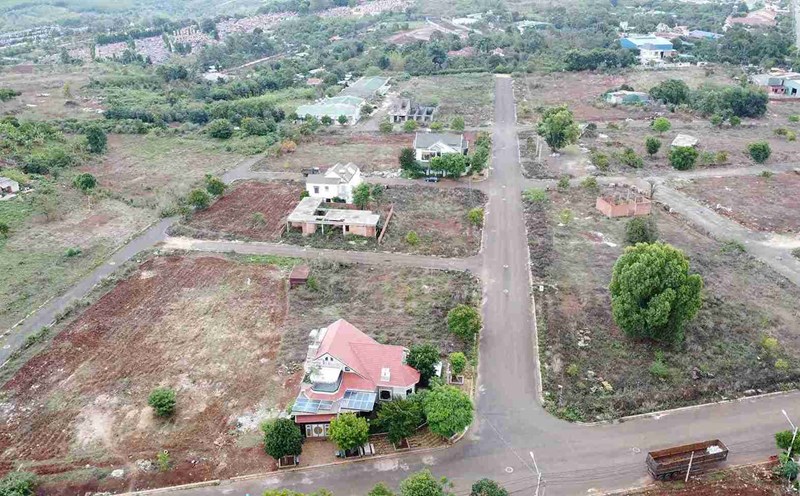From sentimental to qualitative
On May 18, the People's Committee of Thanh Hoa province announced that the Vice Chairman of the Provincial People's Committee had just signed and issued a plan to implement Directive No. 30/CT-TTg of the Prime Minister on the development of cultural industries.
A new highlight in the Plan is the province's goal of building a comprehensive cultural data system, digital maps of cultural industries and integrating cultural development indicators into the socio-economic statistics system.
This is a step to shift from traditional methods, based on perception and description, to cultural management with specific data, standards and effectiveness.
For the first time, sectors such as performing arts, handicrafts, publishing, cinema, advertising, design... are evaluated based on their contribution to GRDP, employment rate, export capacity and social impact. From there, the government has a basis to allocate the budget, make policies and measure the real impact of the cultural sector on the common development.
From preservation to exploitation
Without denying the core value of heritage conservation, Thanh Hoa does not stop at the goal of preservation. The province clearly identifies: culture as a resource, an asset, which needs to be exploited systematically and strategically to create added value, job opportunities and local brands.
Traditional cultural products such as folk games, festivals, folk songs, traditional music, craft villages, etc. will be commercialized through a series of tourism - service - communication - education products. The province also encourages the development of a model of a cultural industry enterprise, considering creativity as a key factor in developing a knowledge economy. The inclusion of cultural industry in the OCOP program, advanced new rural areas and startup models in mountainous areas is a testament to the thinking of "culture is not only for museums, but must enter the market".
A difference of this Plan is the determination to remove institutional barriers to pave the way for businesses and social resources to participate in the development of cultural industries.
Thanh Hoa province has a policy of reviewing regulations and mechanisms that are overlapping or lack reality to propose amendments, and at the same time recommending the Central Government to soon issue a complete legal framework for creative activities, copyright, and cultural investment - areas that are being "abandoned" in the current policy mechanism.
In addition, the province is considering the proposal to establish a Cultural Creative Support Fund from a budget combined with socialization, creating conditions to nurture breakthrough cultural ideas, products and projects.
The province will also allocate land funds, credit incentives, tax reductions and support procedures for businesses and individuals operating in this field, especially models applying digital technology, digital transformation in content creation and cultural services.
Thanh Hoa is moving through the line between conservation and development, between emotion and science, between hospitalization and socialization in the cultural sector. If these orientations are implemented synchronously and effectively, the cultural industry will no longer be a slogan, but will become a new growth driver, creating a unique economic identity for Thanh Hoa in the digital age.









